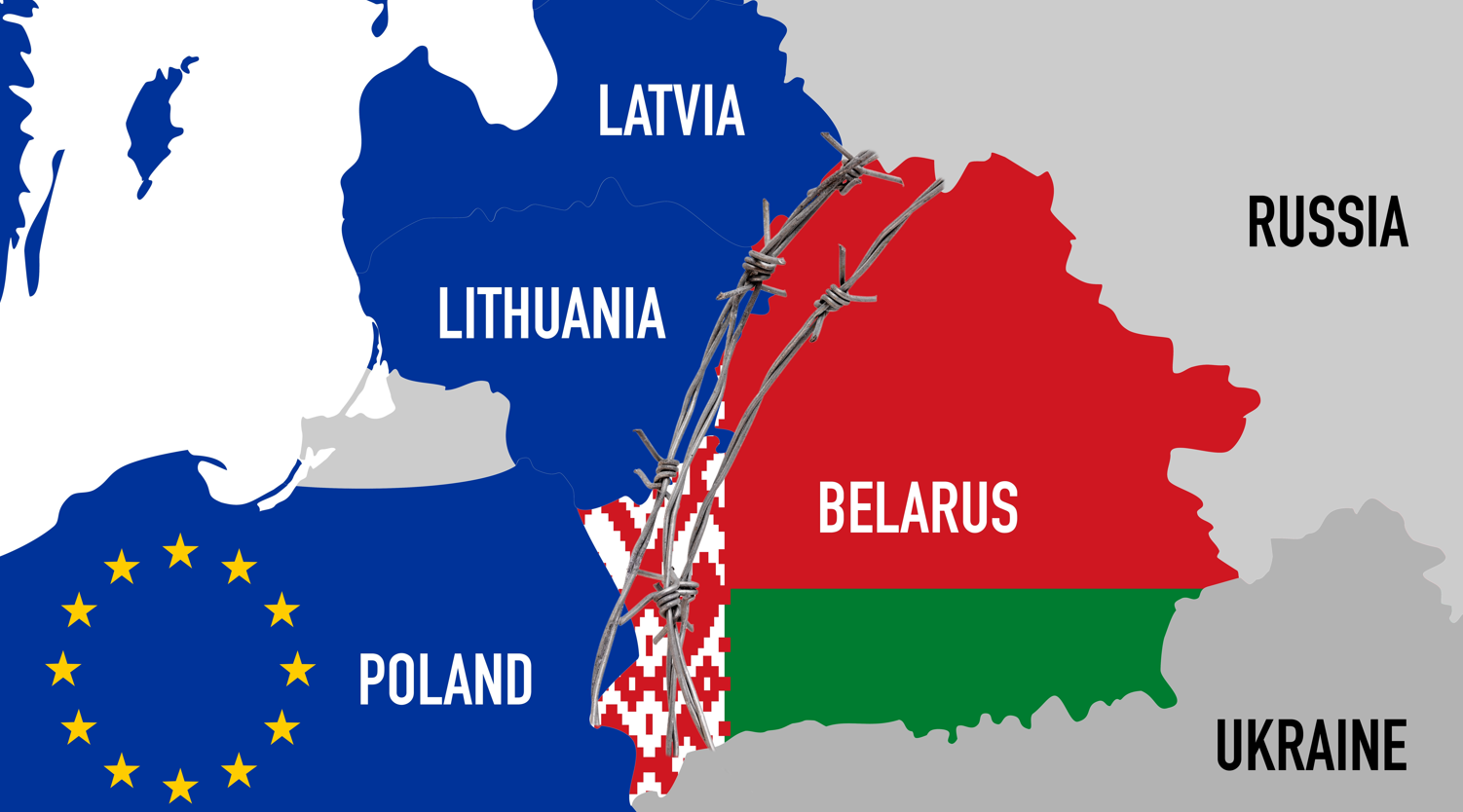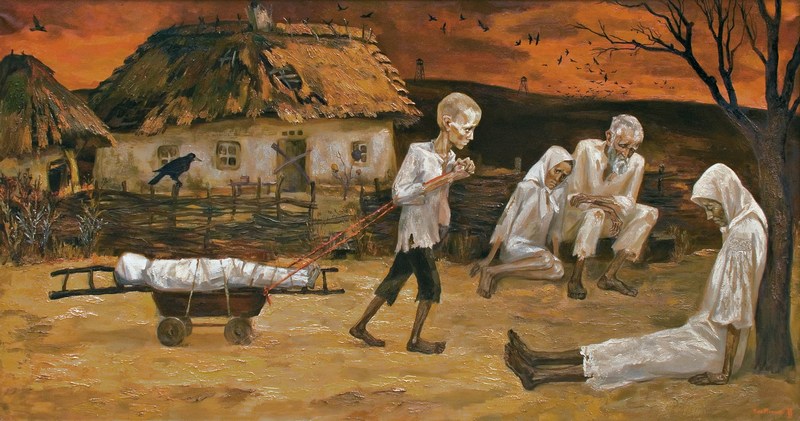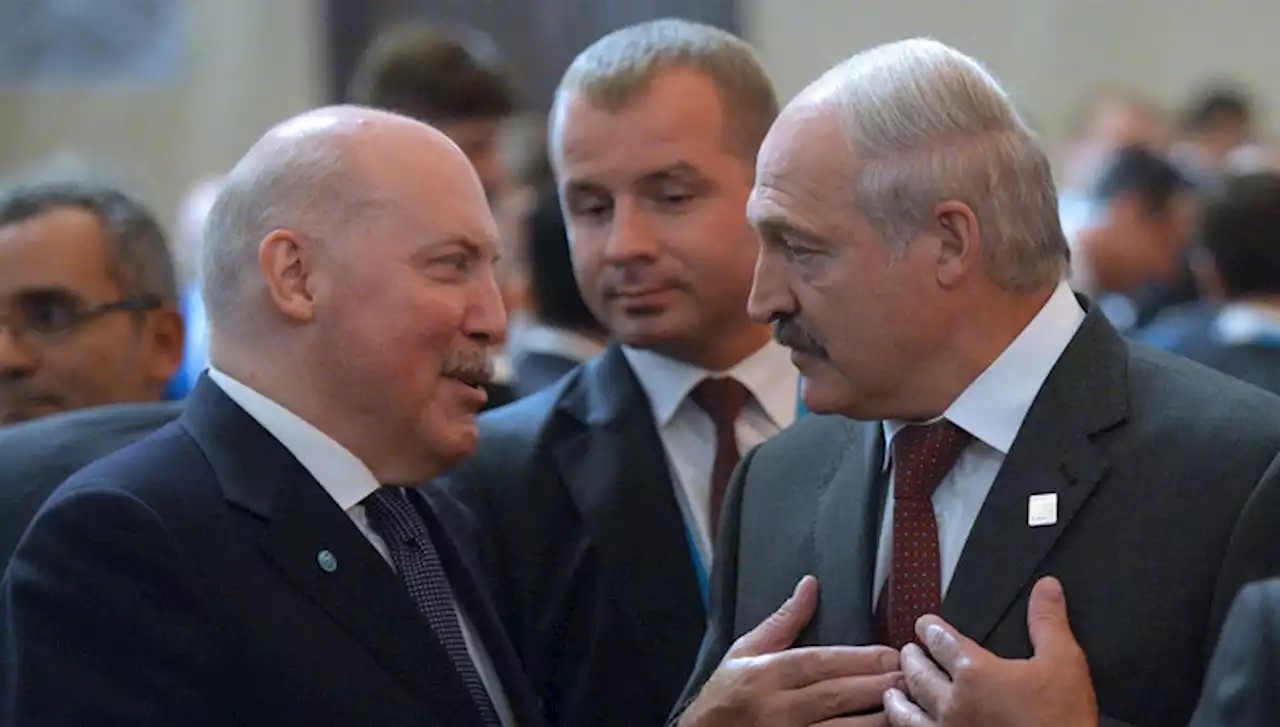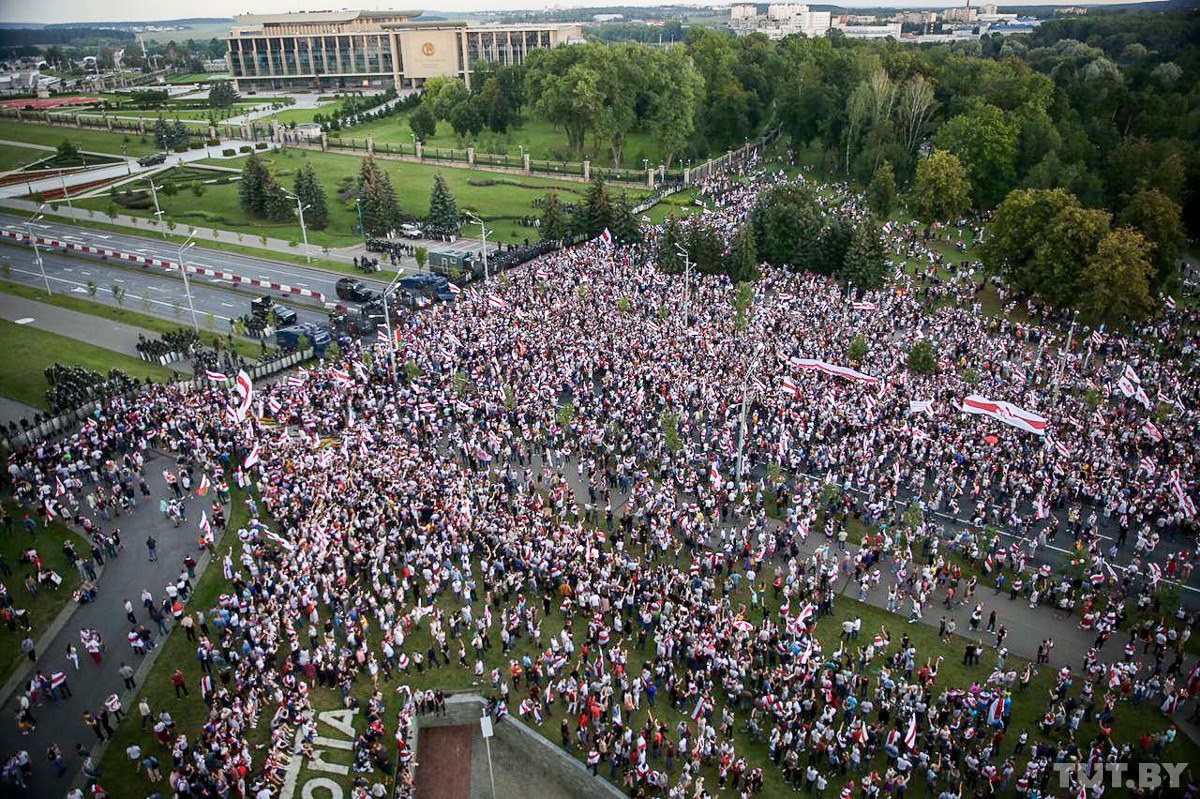What is the Belarus migrant crisis and how did it begin?
During the summer of 2021, the United States announced that it would end its mission in Afghanistan, and the Taliban overran the country. As a result, thousands of Afghans worked frantically to leave this Central Asian country to avoid persecution.
The unfortunate events in Afghanistan presented Belarusian President Alyaksandr Lukashenka with an opportunity. For months, Lukashenka faced pressure from the EU and the Belarusian opposition movement. These groups stated that the 2020 Belarusian presidential elections were stolen, and that he wrongfully imprisoned hundreds of protestors.
The EU was already pressed by the gas crisis and the renewed tensions between Russia and Ukraine.
The Belarusian president then found a way to add to the fray. Over the past few months, Belarusian commercial airlines started to fly from Minsk to several locations in the Middle East and Africa. Various countries in these regions have been impacted by conflict, and Belarusian travel agencies promised these refugees safe passage into Belarus. These organizations offered tourist visas to these refugees, and they said that these migrants would have an opportunity to enter Central and Western Europe.
In a matter of weeks, thousands of refugees fled their homes as they booked their passage to Belarus. When these migrants arrived, they moved toward the Polish, Latvian, and Lithuanian borders. The refugees believed they would be welcomed into these countries, but what transpired was much different. The influx of migrants on these borders caught Poland and the Baltics by surprise. These countries did not know how they would incorporate these individuals into society or provide essential goods to those in need.
The crisis has put these refugees in a tragic and difficult situation as they are trapped on the border between Belarus and these EU countries. Thousands of people have fled their homes, desperately seeking shelter and a better life. Belarusian authorities promised them a better life by offering discounted flights and tourist visas, but they were not welcomed when they arrived.
How can the EU end the unfair treatment of these refugees?
- The EU must pressure Belarusian airlines and tourist industries to stop presenting these African and Middle Eastern refugees with false hope. These Belarusian organizations lied to the refugees, stating that they would be welcomed when they arrived. But when the migrants landed in Minsk, they were forcibly moved to the borders. These refugees deserve to be treated with decency and respect, and their human rights have been violated. Should these Belarusian organizations continue these antics, then they should be punished. For example, the EU could cancel its flight and travel operations with these Belarusian organizations.
- The EU should create programs to help these refugees assimilate. These initiatives could help the migrants find homes and jobs in their new countries, and the EU could grant them temporary residence. The programs could also help these migrants on a path to permanent residency (if they wish to pursue this option). Poland and the Baltics could work with other EU states to help distribute the migrants. This would put less stress on these Eastern European states.
- The leaders of Poland and the Baltics should meet with Lukashenka to sort out the challenges on their borders. These European leaders must pressure the Belarusian president to end this migrant warfare. If these antics continue, the EU should implement additional sanctions on the Belarusian president and his inner circle. Belarus must learn that it cannot play games by jeopardizing thousands of innocent lives.
Overall, the ongoing migrant crisis has created another rift in EU-Belarusian relations. Belarus is toying with the lives of thousands of refugees, and this has put a strain on the EU as it does not know how it can best incorporate these migrants. Nonetheless, the EU should do everything it can to ensure that these refugees are treated fairly. If the EU held Belarus accountable for its irresponsible behavior, and if programs were implemented to ease these migrants into European society, then this could help resolve this migrant crisis. These refugees did not choose to be in this position, and they deserve a better life.
Related:
- Poland may refuse entry to migrants from Belarus; EU must actively help Poland
- Belarusian propaganda machine launches attacks to support regime’s instrumentalization of migrants
- “A blatant North Korea in the center of Europe.” Belarusian refugees explain why it’s so difficult to beat the dictatorship
- Afghanistan and Lithuanian-Belarusian border crises: this week’s Russian disinformation targets








